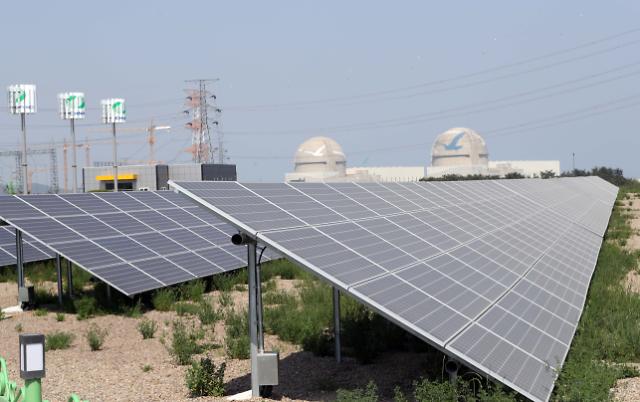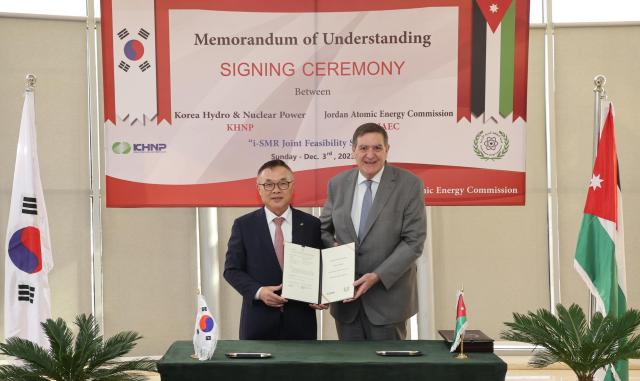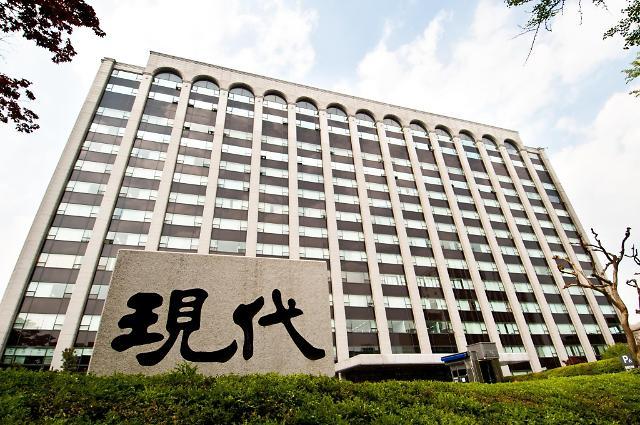
[Yonhap Photo]
South Korean President Moon Jae-in vowed to push ahead with his campaign to reduce the use of fossil energy, describing his "nuclear-exit" policy as less radical than those adopted by some European countries.
In a bid to allay growing concerns and controversy about a potential power shortage, Moon said his policy would not cause a steep rise in electricity rates because nuclear reactors would be shut down one by one over a long period of time in consideration of their lifespans.
"My policy is not radical. Nowadays, advanced countries in Europe have a very fast policy, he told reporters at a news conference marking his 100th day since he took office.
The lifespan of nuclear reactors under construction is 60 years, he said, adding it would take at least six decades for South Korea to be free of nuclear power after each reactor ran out of its designed lifespan.
"Over such a period of time, it's not difficult to shut down reactors one by one and replace them with alternative energy sources such as LNG and renewable energy," Moon said.
Even in 2030, nuclear power plants will account for over 20 percent of total electricity output, he said. "So there is no need to worry about my nuclear policy at all."
The presidential advisory panel has put the proportion of clean and renewable energy in generating South Korea's total electricity at 28 percent by 2030.
Moon has promised to replace old nuclear and coal-powered thermal power plants with clean and renewable energy sources. Industrial and academic communities have challenged his campaign to reduce South Korea's heavy dependence on nuclear energy which accounts for about 30 percent of its power supply.
The cabinet decided on June 27 to stop the construction of two reactors, slated for completion in 2022 near the southeastern port city of Busan, pending public hearings and debate for three months.
Nuclear plant workers fear massive layoffs and the collapse of a nuclear energy industry which has accumulated world-class technologies for decades. Opponents claimed financial losses would be far higher than a government estimate.




